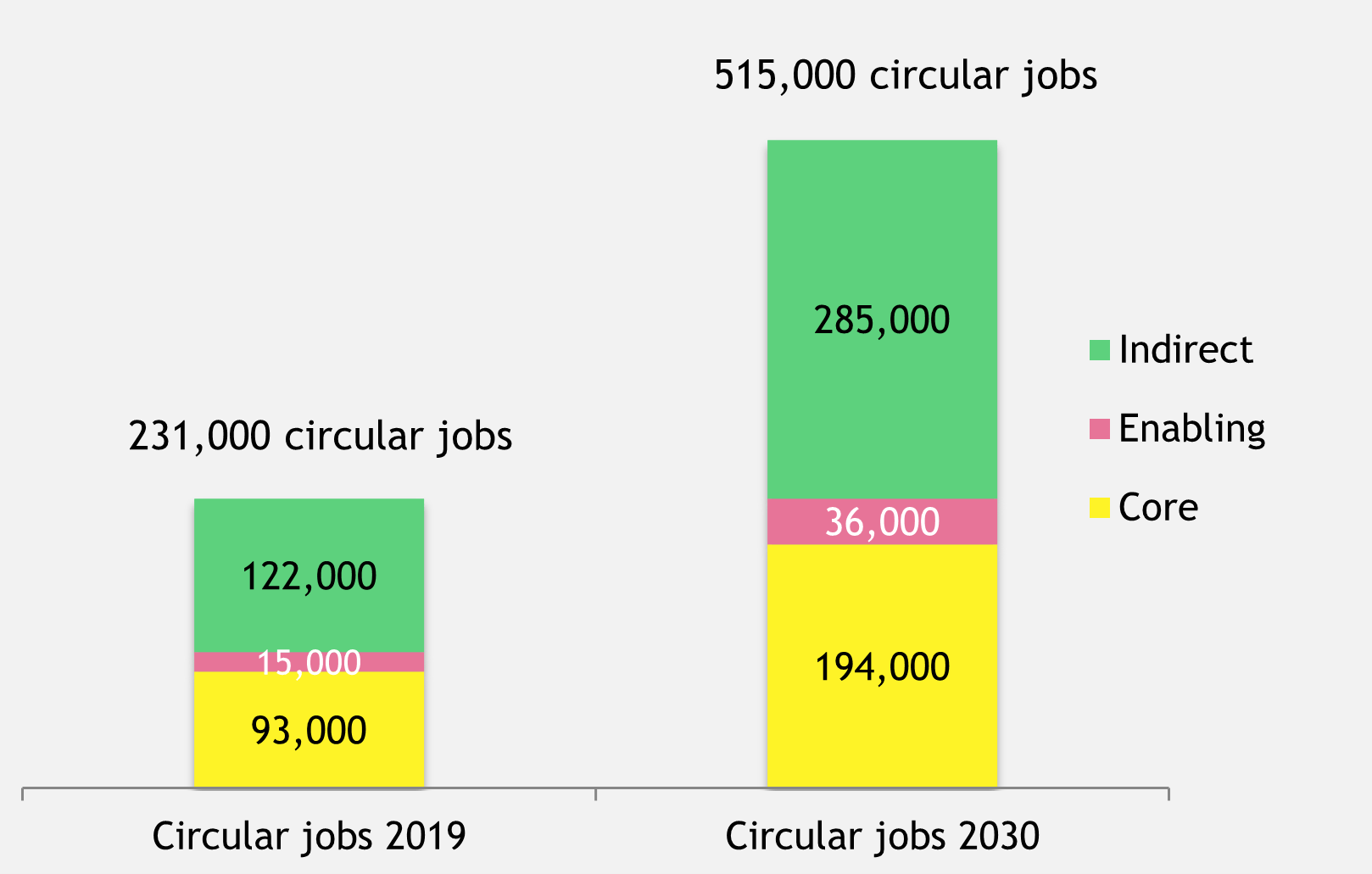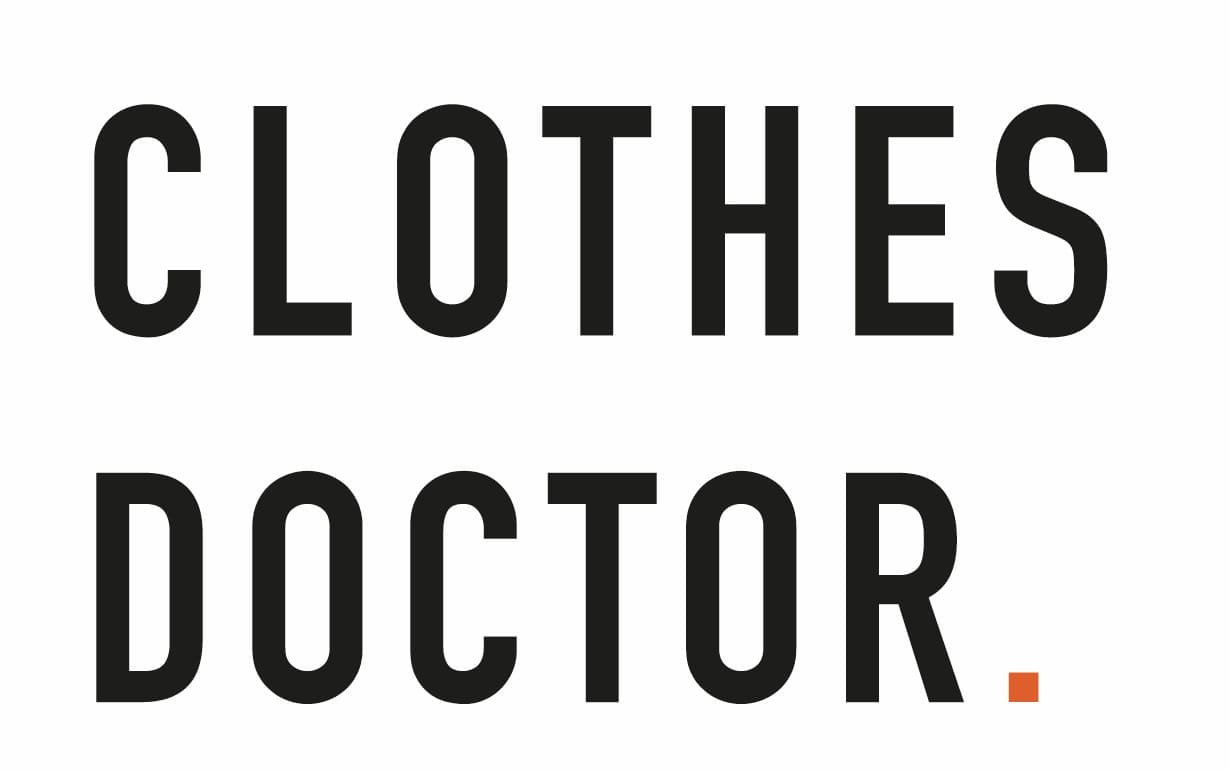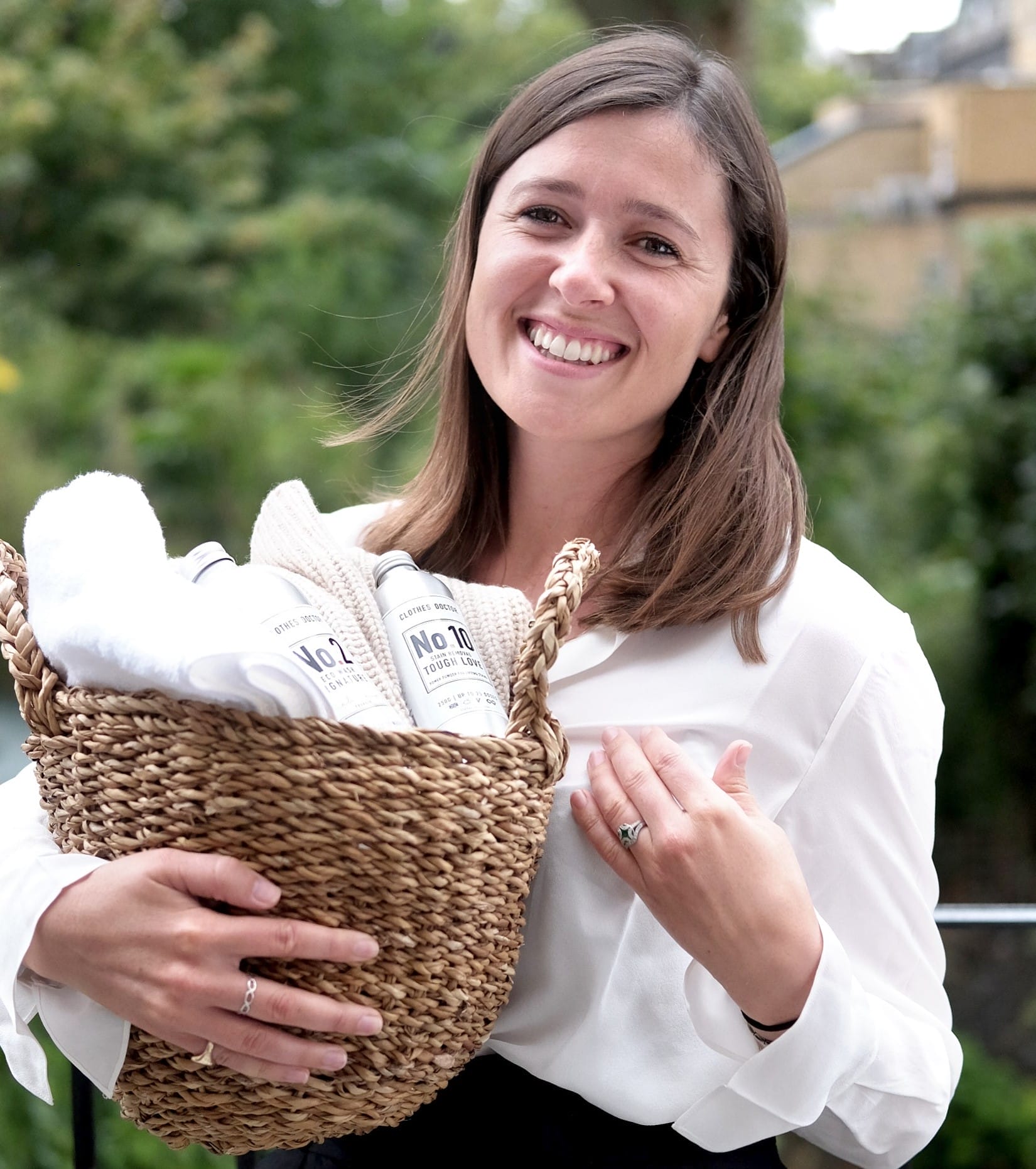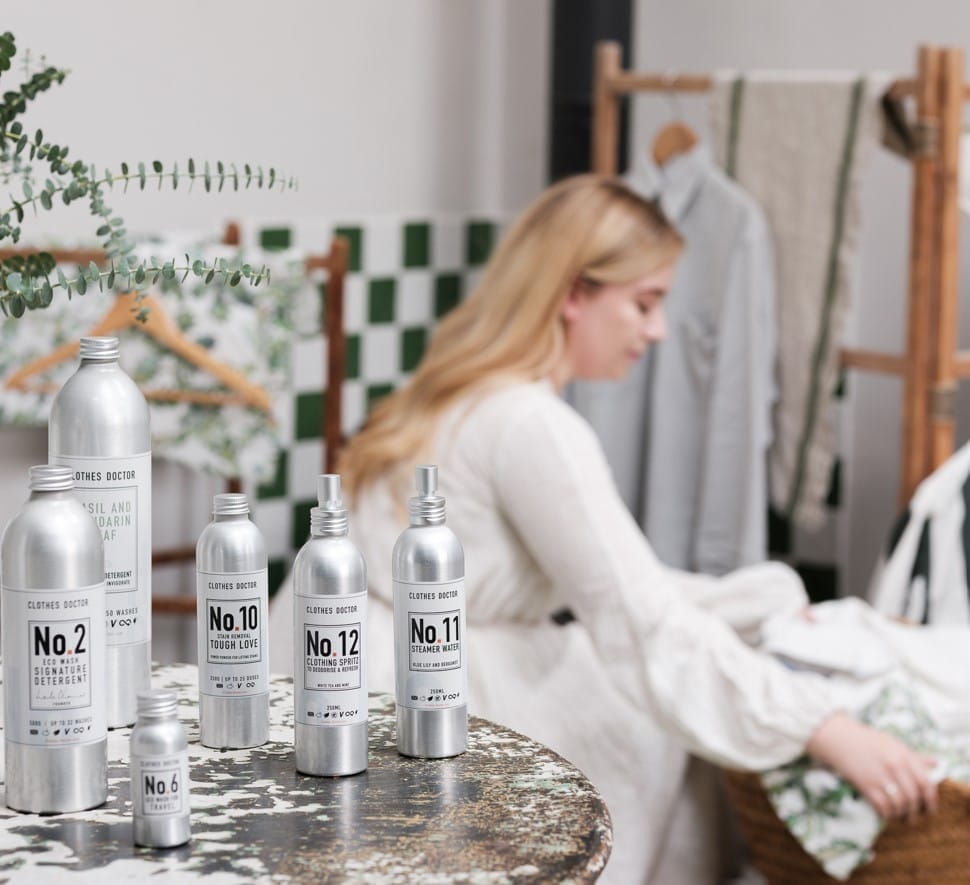ReLondon’s The circular economy at work report highlights the circular economy’s potential to contribute £24.2bn to London’s economy by 2030 and create 284,000 additional ‘circular jobs’ across the city at all skill levels.
Circular jobs are defined as jobs that either directly or indirectly support the objectives of a circular economy, and can be divided into three categories:
- Core circular jobs keep materials cycling for as long as possible at their highest possible value and aim to close the loop. This includes jobs within reuse and repair businesses, renting and leasing of products, and the recycling of materials and resources.
- Enabling circular jobs are those within the supply chain of core circular businesses that help accelerate growth and scale, such as logistics or communications.
- Indirectly circular jobs support the activities or functioning of core circular businesses, such as government or professional services.

Source: Valpak analysis based on ONS BRES data, 2019
As of 2019, most (53%) circular jobs were found in indirectly circular sectors, followed by jobs within core circular sectors (40%) and the remaining (7%) were within enabling circular sectors.
By 2030, enabling circular sectors are projected to experience significant growth with a 140% increase. Likewise, indirectly circular sectors are expected to increase by 133%, and core circular sectors by 108%. The circular economy is, therefore, on track to deliver significant and wide-ranging job opportunities across London within the next decade.
To see what circular jobs and businesses look like in practice, we spoke to the clothing care company Clothes Doctor about where they fit into the circular economy, the types of circular jobs and skills within their operations, and their plans for the future.
SME spotlight: Clothes Doctor

Clothes Doctor is a fantastic example of a core circular business as it aims to help people maintain their clothing and keep items in use for as long as possible.
Founder Lulu O’Connor established Clothes Doctor in 2017, aiming to make repair and alteration services easily accessible to every Londoner.
Building on their success, Clothes Doctor took another step forward in 2020 and expanded their business to include a range of products, including laundry detergents, clothing mists and repair tools that enable people to protect and maintain their clothing at home. It’s been a huge success with 250,000 products sold in 2023 alone – a 200% growth.
Lulu O’Connor, Clothes Doctor founderMy definition of circular fashion is taking proper care of our clothes, nourishing and maintaining them so they keep their quality and last longer, all while feeling and smelling great.

Clothes Doctor is driven by a team of nine employees who work across warehouse, operations, sales, and marketing roles. While similar to other e-commerce companies in their skills needs (such as expertise in marketing, analytics and sales), the business also relies on staff with specialised knowledge in textile design, repair and maintenance.
All of the jobs across Clothes Doctor are considered central to achieving the business’ circular economy goals, as they work together as a team to grow the business and reach new audiences. Looking ahead, they have an ambitious 100% year on year growth target, and are now looking to expand into the global marketplace while continuing to develop their clothing care product range. They’re looking to increase their staff team to help achieve these goals.

A look at core circular jobs
As of 2019, over 93,000 people were employed within London’s core circular sectors. Over half (55% or 51,800) of these jobs were in reuse, repair and maintenance sectors, with approximately 7,400 specifically related to the repair and maintenance of textiles.
Achieving the targets outlined in the London Environment Strategy would mean significant growth in reuse, repair and maintenance activity in the city by 2030. This would support the creation of an estimated 84,000 additional jobs within these sectors (163% growth) and a £6.9 million contribution to the wider economy (up from £2.6 million).
This would drive a wide range of opportunities across the city and, as businesses like Clothes Doctor demonstrate, would require a diversity of skillsets. The majority of these opportunities would sit at skill levels 2 and 3, which generally refers to roles that require qualifications such as A levels, apprenticeships or diplomas, however provided adequate training is available, these sectors are well placed to accommodate Londoners from all skills backgrounds.

Source: Valpak analysis of ONS Annual Population Survey, 2019
ReLondon recognises the huge potential that transitioning to a low carbon circular economy can have within London, including job creation across a wide range of circular businesses. Clothes Doctor showcases how SMEs are playing a central role in meeting the needs of Londoners and growing opportunities.
However, to continue to support this growth and meet businesses’ skills needs, there needs to be collaboration and alignment across businesses, government, education and training systems to ensure that Londoners are developing the skills required to transition into these growing industries.
Keep reading
To learn more about Clothes Doctor, visit their website.
Clothes Doctor was supported by ReLondon’s Business Transformation programme. To read about some of the other businesses that have received support, take a look at our success stories.
Feeling inspired and want to get involved in the circular economy? Visit ReLondon’s circular job board to see some exciting opportunities currently available in London.


